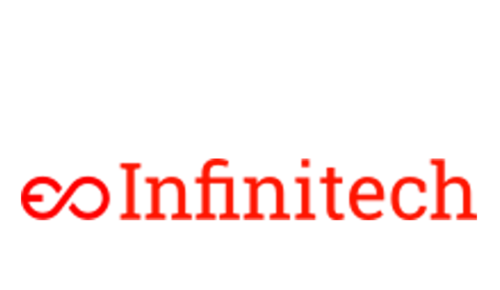In January 2022, the EU launched the Horizon 2020 project Iliad (Integrated Digital Framework for Comprehensive Maritime Data and Information Services). The project’s duration is set to 36 months, € 17 Million have been granted to achieve the mission of developing virtual representations of the ocean that will integrate and extend existing EU earth observing, modelling digital infrastructures and computing facilities to provide highly accurate predictions of future developments.
Building on the assets resulting from two decades of investments in policies and infrastructures for the blue economy, 56 partners from 18 countries are working at establishing an interoperable, data-intensive, and cost-effective Digital Twin of the Ocean which will then provide highly accurate predictions of future developments at global seas.
Genillard & Co is leading the pilot project on “Insurance for Aquaculture in Norway”. Together with our project partners, we aim to analyze and quantify the various risks an aquaculture site may encounter, first focusing on harmful algae blooms . By applying this type of holistic risk assessment, our goal is to identify deficiencies and potential for improvement regarding the management and prevention of natural hazards, propose measures to stakeholders and therefore provide a “best case” risk management approach for aquaculture in Europe. As a final product of this project’s efforts, we will present the “Aquaculture Risk Metrics” (AqRM), a comprehensive ecosystem and data platform. Aquaculture site operators as well as (re)insurers will be able to make informed decisions based on this shared data.








